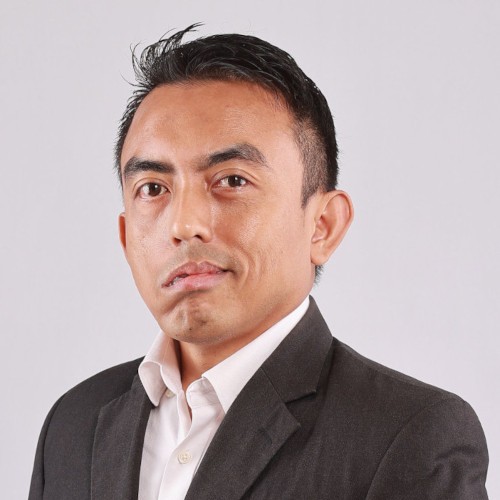By Nahrizul Adib Kadri
If you were stranded in a dense jungle and allowed to ask for three things to help you find your way out, what would they be? A compass? A detailed map? Essential supplies? Most people would list some variation of these, believing that the right tools will ensure a safe escape. But there’s one crucial thing that almost everyone forgets.
Even with the most accurate map in the world, there’s something you absolutely must know first:
Where you are.
You see, we live in a world obsessed with movement—always going somewhere, always climbing higher, always chasing the next milestone. Success is measured by how fast we achieve things: securing a high-paying job within five years, earning a PhD before turning 30, getting married right after graduation, owning a house (which technically belongs to the bank) by 35, driving a luxury car as a status symbol. These markers of progress have been ingrained in us, making it seem like life is a race where the only goal is to move forward as quickly as possible.
But here’s the question: how many of us are actually making meaningful progress? And how many are just running in circles, mistaking motion for direction?
The Stoics often emphasised the importance of self-awareness, and this principle is more relevant than ever. Seneca once wrote, “If one does not know to which port one is sailing, no wind is favourable.” In other words, no matter how fast you move, if you don’t know where you are—or where you’re going—you’re just drifting.
The map of life vs. your coordinates
Now imagine being handed a detailed map of the jungle. It shows every trail, every river, every landmark. But without knowing your exact location, the map is utterly useless. The same applies to life. We are given frameworks, blueprints, and guides on how to succeed, yet so many people struggle because they never take the time to locate themselves in relation to their goals.
This is why people feel lost despite having everything they thought they wanted. The high-paying job, the degree, the house—on paper, these should be the markers of success. Yet, when they finally arrive at these milestones, an unsettling emptiness creeps in. They wonder why their achievements don’t bring the satisfaction they were promised. The truth is, they were so focused on moving forward that they never paused to ask: Am I even on the right path?
It’s like climbing a ladder as fast as possible, only to realise it’s been leaning against the wrong wall all along.
The antidote? Pause. Reflect. Take stock of your surroundings. Instead of constantly looking ahead, take a moment to look within. Ask yourself the difficult questions: What am I doing? Why am I doing it? Is this path truly mine, or did I inherit it from expectations—society’s, my family’s, my own younger self’s?
Sometimes, we get so caught up in the pursuit of a goal that we forget to check if it still resonates with who we are today. And if the answer is no, then the bravest thing we can do is to correct the course, even if that means stepping away from the well-trodden path.
Real progress isn’t about moving fast; it’s about moving with purpose. And purpose doesn’t come from blindly chasing the next milestone—it comes from clarity. It comes from knowing where you are, not just where you want to go.
Only when we understand our present can we make intentional choices about our future. Because the goal isn’t just to escape the jungle—it’s to walk out of it in the right direction, on our own terms.
So, before you rush to find your way out of the jungle of life, take a moment to ground yourself. Breathe, and look around. Remember:
The map is only useful if you first know where you stand.

Ir Dr Nahrizul Adib Kadri is a professor of biomedical engineering and the Principal of Ibnu Sina Residential College, Universiti Malaya.











Leave a comment